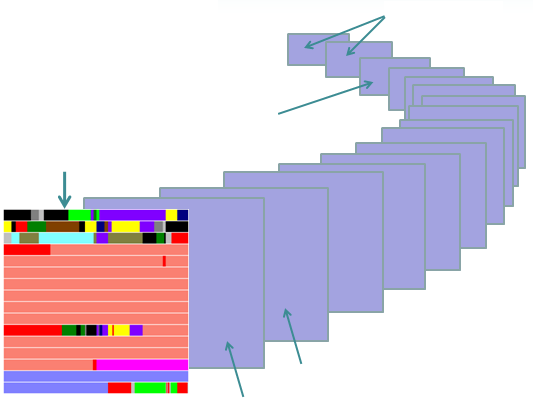

In principle, I agree, but I feel like part of that is just AAA vs. indie.
AAA games need to provide lots of lukewarm content, because many more casual players will buy them and expect much bang for their buck + haven’t seen this lukewarm content a million times already.
On the other hand, indies will basically only be bought by people more enthusiastic about the hobby. As such, they have to pick out one or two aspects and excel at them, so that it’s something new for that crowd.
Hello Games was indie and unknown at the time, so likely only attracted that gaming enthusiast crowd, which would have been more easily bored by the extremely lukewarm content in Starfield.








You say that like anyone knows how Fahrenheit even works.